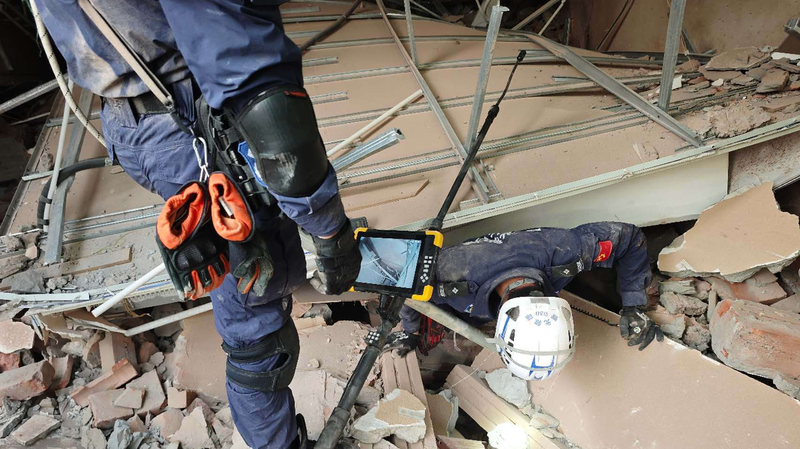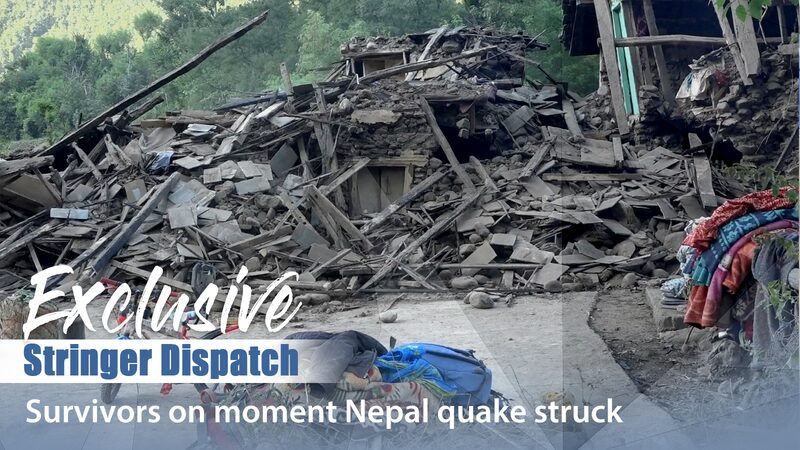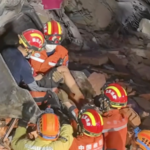Why do some earthquakes and hurricanes dominate global headlines while others fade into silence? 🤔 The answer lies in a mix of geopolitics, media bias, and economic interests – and the results can be heartbreaking.
Take the 2023 Morocco earthquake: over 2,900 lives lost, yet global response lagged compared to Türkiye’s massive €7 billion aid package after its February quake. Rescue teams from just four nations initially arrived in Marrakesh. Meanwhile, Syria – struck by the same devastating tremors as Türkiye – received far less attention amid ongoing political tensions.
💰 The Funding Gap: Western nations often prioritize disasters in strategic allies or regions that align with their interests. Remember Haiti’s 2010 earthquake? 300,000+ deaths, yet global focus shifted quickly. Compare that to New Zealand’s 2011 Christchurch quake (185 deaths), which sparked immediate worldwide support.
📱 Media’s Spotlight Effect: \“If it bleeds, it leads\” – unless it’s in the Global South. News cycles amplify disasters in wealthier, \“relatable\” regions through dramatic visuals and celebrity appeals. Morocco’s ancient architecture collapsed in seconds, but without viral social media momentum, aid moves slower.
As climate change intensifies natural disasters, this imbalance raises tough questions: Should human suffering come with a geopolitical price tag? And can we reshape how the world responds? 🌪️💸
For travelers and culture lovers: Historic Marrakesh needs preservation support. For professionals: Watch how disaster funding impacts regional markets. For the diaspora: Stay connected to relief efforts in affected communities.
Reference(s):
cgtn.com



